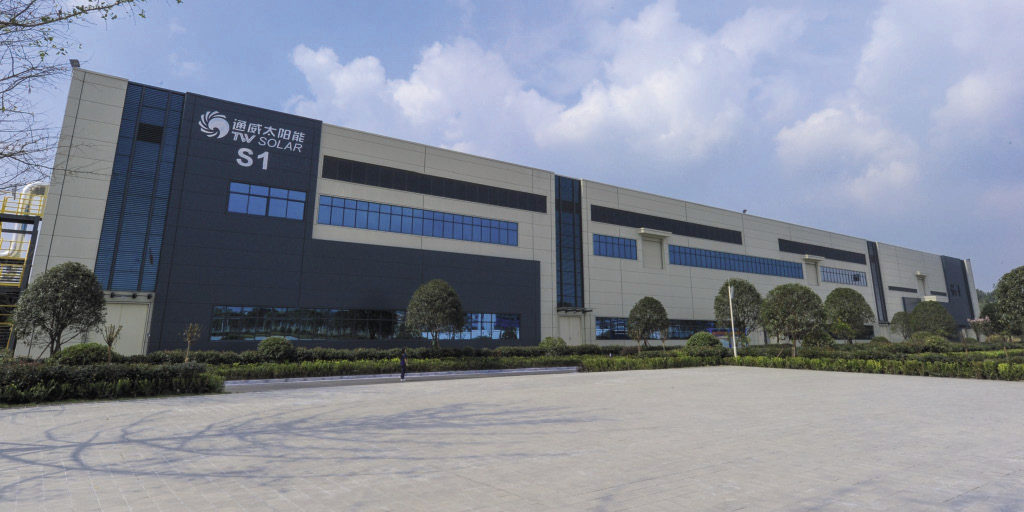Polysilicon supplier and solar cell maker Tongwei announced on Thursday it signed an agreement with the government of Leshan City and the Wuhua district for a new polysilicon manufacturing site with a capacity of 200,000 metric tons. According to the statement, the total investment for this polysilicon capacity is RMB 14 billion, around $2.1 billion. Construction of the facility will take place in two phases of 100,000 MT each, with phase I estimated to be completed and commissioned by the end of 2022, followed by phase II. Tongwei has a total 80,000 MT polysilicon capacity and 150,000 MT under construction. By the end of 2022, the company will have a total polysilicon capacity of 330,000 MT, including the new expansion plan, and the figure will grow to 430,000 when phase II of the project is finished.
Chinese glass group G-Crystal announced on Thursday that its Malaysian unit completed construction and commissioned its glass production lines for thin-film PV panel products. Work on the facility started in 2018 with a planned capacity of 500 metric tons of PV glass per day. The company has signed a supplement agreement with First Solar for the next 10 years, G-Crystal added.
In its latest market observation, released Wednesday, Taiwan-based market research company PV InfoLink reports that the price of polysilicon remained stable from last week. The main deal price is around RMB 200 ($30.90) per kilo, with no change from last week. Due to lower capacity utilization on the wafer side, the high quote of poly was rejected by downstream users. Cost pressure eventually spread from downstream modules and cells to wafers. Due to high inventory and lower capacity utilization, wafer orders dried and wafer makers had to cut prices, especially on large-sized wafers like 182 mm and 210 mm, both of which suffered around 10% reductions. Cell prices also dropped slightly due in part to higher pressure from high inventory and the likelihood of a potential deal with module makers. Module prices also dropped because of upstream cost cutting. However, generally the market is still cool with high prices and low consumption.
Popular content
Independent shareholders at state-controlled manufacturer Luoyang Glass will vote on the proposed RMB 182 million ($28.2 million) acquisition of glassmaker Qinhuangdao North Glass Co Ltd at an extraordinary general meeting on July 21. Luoyang wants to acquire a 60% stake in the target company from the China Yaohua Glass Group Co Ltd warehousing and sales entity which is itself controlled by Luoyang’s ultimate owner, China National Building Material Group. The deal would remove duplication and competition for Luoyang, which said the investment would also enable it to “optimize the layout of its photovoltaic glass business segment” and “expand production.”
This content is protected by copyright and may not be reused. If you want to cooperate with us and would like to reuse some of our content, please contact: editors@pv-magazine.com.



Hello ,
I Read your article and its very helpful for us as Indian importer .
i want know that solar wafer price is increase in recent days or month ? which use in solar cell .
i hope you will understand my question and waiting for your reply.